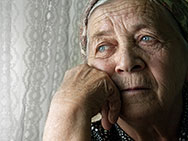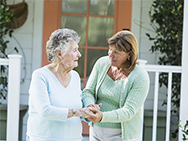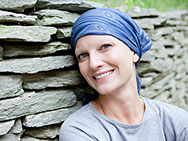Coping with Cancer
You may have just learned that you have cancer. Or you may be in treatment, finishing treatment, or have a friend or family member with cancer. Having cancer changes your life and the lives of those around you. The symptoms and side effects of the disease and its treatment may cause certain physical changes, but they can also affect the way you feel and how you live.
The information in this section is meant to help you cope with the many issues and concerns that occur when you have cancer. There are resources available to help you learn about the disease and about the people who can help you. See our publications on coping and our evidence-based PDQ® summaries about supportive and palliative care topics. Know that you are not alone.
Cancer can bring up a wide range of feelings, whether you're in treatment now, done with treatment, or a friend or family member. Learn tips for coping with the many emotions that arise with cancer.
Read more
Learn tips for talking about the changes cancer brings for you and your family.
Read more
Cancer and its treatment can change how you look and feel about yourself and your body. There are steps you can take to cope with body changes and issues related to sexuality and intimacy.
Read more
Day-to-Day Life
Dealing with cancer is a life-changing event for most people. While it can be hard, there are actions you can take to adjust to your new way of life.
Read more
Being a caregiver can be stressful. Learn tips for how to care for yourself while caring for others.
Read more
Many cancer survivors say that once treatment ended, it was hard to make a transition to a new way of life. Find out how to adjust to the new feelings and issues that arise when cancer treatment is over.
Read more
Questions to Ask Your Doctor about Cancer
When you meet with your doctor or other members of your health care team, take a list of questions with you.
Research
Find research articles on coping with cancer, which may include news stories, clinical trials, blog posts, and descriptions of active studies.
Source: National Cancer Institute









